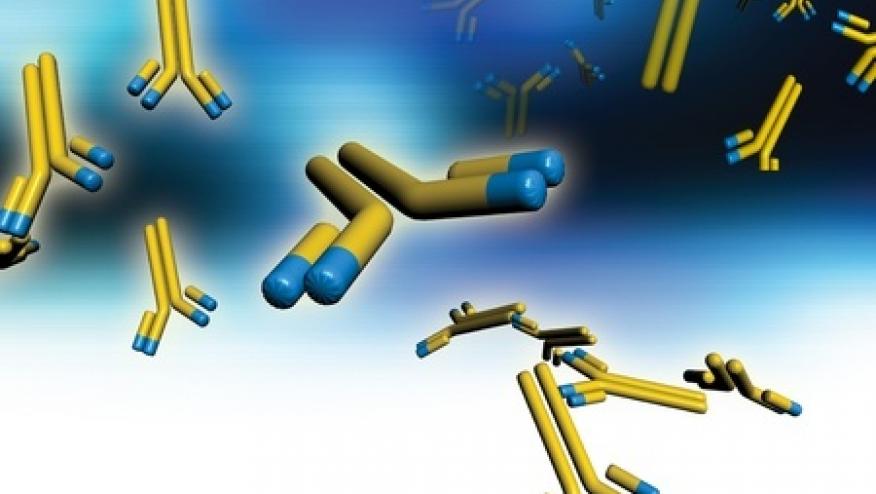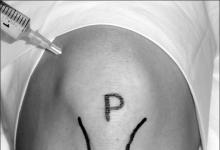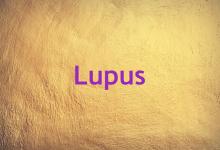Doubling Down on IL-17 In Psoriatic Arthritis Save

The monoclonal antibody bimekizumab, which neutralizes both interleukin (IL)-17A and 17F, was effective for both musculoskeletal and skin outcomes in psoriatic arthritis (PsA) in a phase IIb study.
At week 12, according to Christopher T. Ritchlin, MD, of the University of Rochester in New York, a 50% improvement on the criteria of the American College of Rheumatology (ACR50) was seen in up to 46% of patients. By week 48, up to 63% of patients had ACR50 responses, he reported in a late-breaker session at the annual meeting of the American College of Rheumatology here.
In addition, a 90% improvement on the Psoriasis Area and Severity Index (PASI90) was seen in up to 54% of patients at week 12 and in up to 85% of patients at week 48.
"These results are astonishing," said Roy Fleischmann, MD, of the University of Texas Southwestern Medical Center in Dallas, who was not involved in the study. "The ACR responses are better than anything I've seen including the IL-17s and TNFs, so would you consider it for RA [rheumatoid arthritis] when other IL-17s have failed?" he asked.
"My understanding of the role of IL-17 in RA is that IL-23/17 is integral in converting anti-CCP antibodies to a more pathologic subset, and whether or not combining the inhibition of A and F would be beneficial in RA early in disease to prevent that switch isn't known. It would be an interesting study to perform," Ritchlin said.
Agents such as secukinumab (Cosentyx) and ixekizumab (Taltz) that target IL-17A have demonstrated efficacy for inflammatory diseases. But the rationale for neutralizing IL-17F in addition to IL-17A lies in the fact that the two cytokines share a 50% structural homology and have similar pro-inflammatory functions. The two also independently cooperate with other cytokines to mediate inflammation, Ritchlin explained.
To explore the possibility that greater suppression of inflammation in PsA could be achieved by inhibiting both IL-17A and F, he and his international colleagues conducted a dose-ranging study known as BE ACTIVE, which randomized 206 patients with active disease to placebo or one of four doses of subcutaneous bimekizumab every 4 weeks (16 mg, 160 mg, 160 mg with a 320-mg loading dose, or 320 mg). The double-blind phase of the trial consisted of the first 12 weeks, after which patients receiving placebo or 16 mg were re-randomized to one of the higher doses through week 48. The study was sponsored by UCB.
Patients' mean age was 50, and mean disease duration was 7 years. They had a mean of 22 tender joints and 12 swollen joints. Almost 20% had previously failed a tumor necrosis factor (TNF) inhibitor.
At week 12, ACR50 responses were seen in 7%, 27%, 42% (P<0.01 vs placebo) 46% (P<0.001 versus placebo) , and 24% of the placebo, 16-mg, 160-mg, 160-mg plus loading dose, and 320-mg groups, respectively , while PASI75 responses were observed in 7%, 45%, 64%, 77%, and 73% (P<0.01 for all versus placebo).
At week 24, 45% of patients who had been re-randomized from placebo to 160 mg had ACR50 responses, as did 50% of those re-randomized to 320 mg.
By week 48, ACR20, 50, and 70 response rates were 70%, 55%, and 43% for the 160-mg dose, 73%, 57%, and 46% for the 160-mg plus loading dose group, and 76%, 63%, and 39% for the 320-mg dose.
Moreover, PASI90 rates at week 48 were 70% for both 160-mg groups and 85% for the 320-mg dose.
Serious adverse events were reported by 4.4% of patients through week 48, and the most common treatment-emergent adverse event was nasopharyngitis. Oral candidiasis was observed in 4.9%, but there were no cases of inflammatory bowel disease, major cardiac events, or deaths.
The study was sponsored by UCB.
Ritchlin reported financial relationships with UCB, Amgen, AbbVie, Pfizer, Novartis, and Eli Lilly.










If you are a health practitioner, you may Login/Register to comment.
Due to the nature of these comment forums, only health practitioners are allowed to comment at this time.